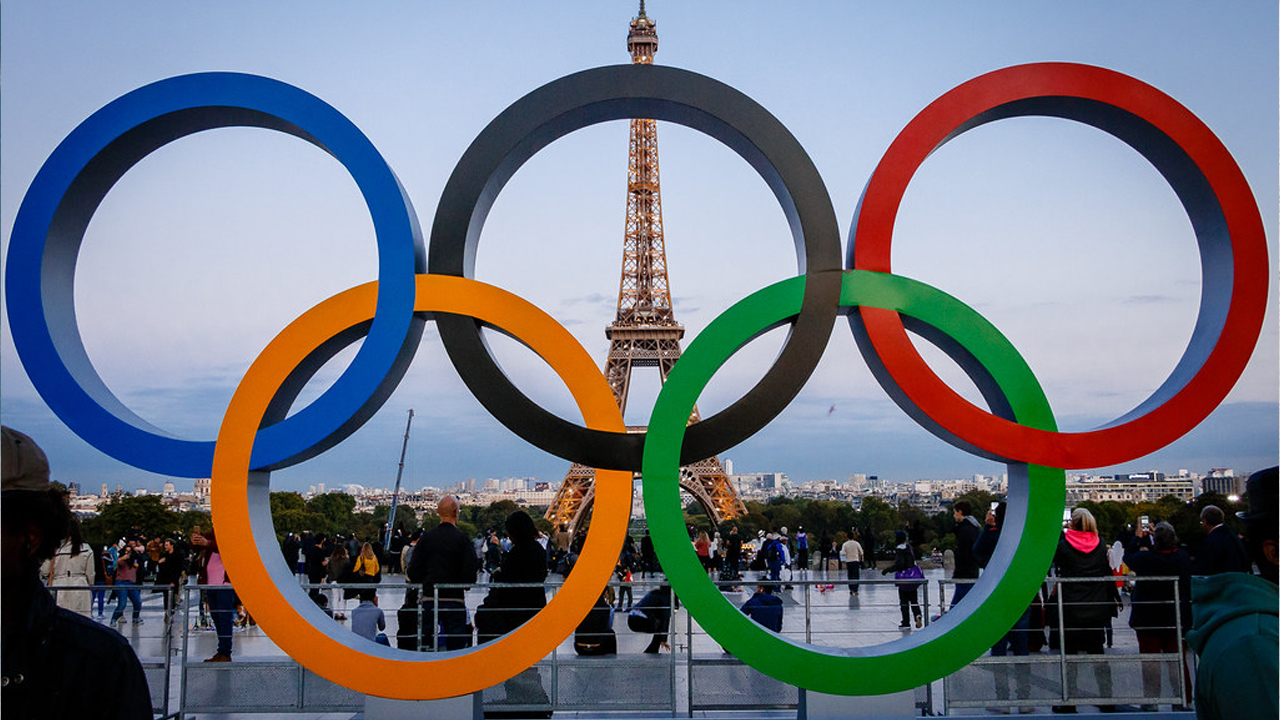Olympics-How green are your trainers? Team Japan kits to have carbon footprint labels
The Tokyo-based company said it reduced emissions on the official kits by about 34% from the last Games in Tokyo by using recycled and lighter material as well as renewable energy at its factory in Japan. The showcasing of green credentials has become an obligatory part of recent Games, but Paris 2024's goal is the most ambitious yet: to halve the carbon footprint compared with the average of 3.5 million tonnes of CO2 emissions in previous Summer Olympics.

By Chang-Ran Kim and Irene Wang TOKYO, April 17 - Japanese Olympians stepping up to the podium in Paris will have more than a medal to be proud of this summer: the carbon footprint of their eco-friendly team kits.
Unveiling Team Japan's official wear on Wednesday, Asics said the jackets, trousers, and other items athletes will wear on the podium and at press conferences would have the amount of carbon dioxide emitted during production stamped on them, in a nod to the green goals put forth by the host city. The team's warm-up suit jack shows 8.8 kg of carbon dioxide equivalents (CO2e) were emitted in its production while bottoms show 5.5 kg of CO2e.
"The Paris Games are billed as the most sustainability-focused event in Olympic history, so we adhered to that concept," said Makoto Ohori, manager of Asics' apparel and equipment development. The Tokyo-based company said it reduced emissions on the official kits by about 34% from the last Games in Tokyo by using recycled and lighter material as well as renewable energy at its factory in Japan.
The showcasing of green credentials has become an obligatory part of recent Games, but Paris 2024's goal is the most ambitious yet: to halve the carbon footprint compared with the average of 3.5 million tonnes of CO2 emissions in previous Summer Olympics. "By figuring out the carbon footprint of each item and labelling it on the products, we hope to boost transparency as well as raise awareness among athletes towards the environment," Asics' Ohori said.
United Nations scientists say halving the world's greenhouse gas emissions by 2030 is a must to stop a rise in average temperatures of more than 1.5 degrees Celsius (2.7 degrees Fahrenheit). The international body's climate chief said this month the world has two years to take action to avert far worse climate change. At the previous, pandemic-delayed Summer Games held in 2021, almost all non-consumable items were recycled and emissions were reduced through the use of hydrogen-powered energy and vehicles, according to Tokyo 2020 organisers.
The Paris Olympics will be held from July 26-Aug. 11.
(This story has not been edited by Devdiscourse staff and is auto-generated from a syndicated feed.)










